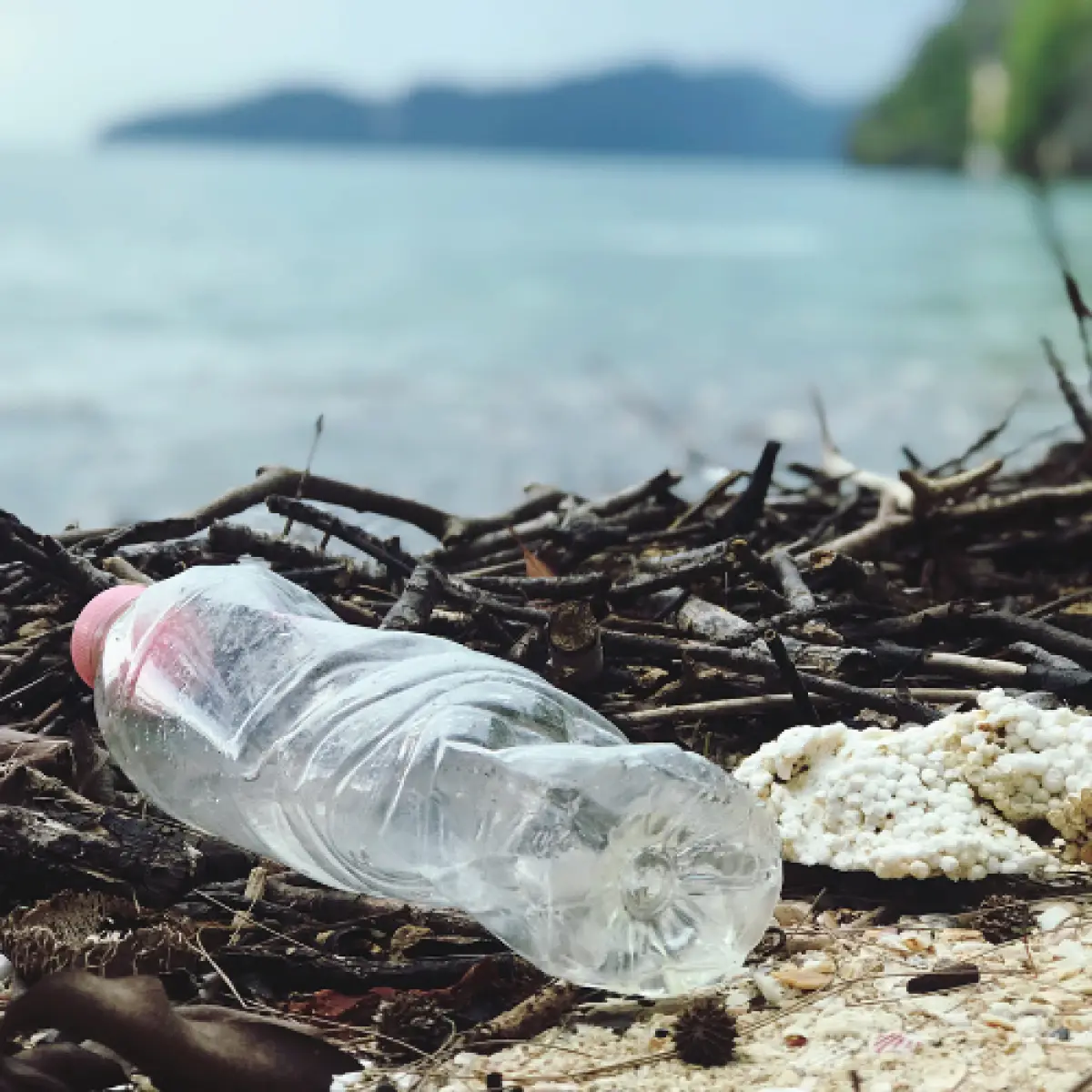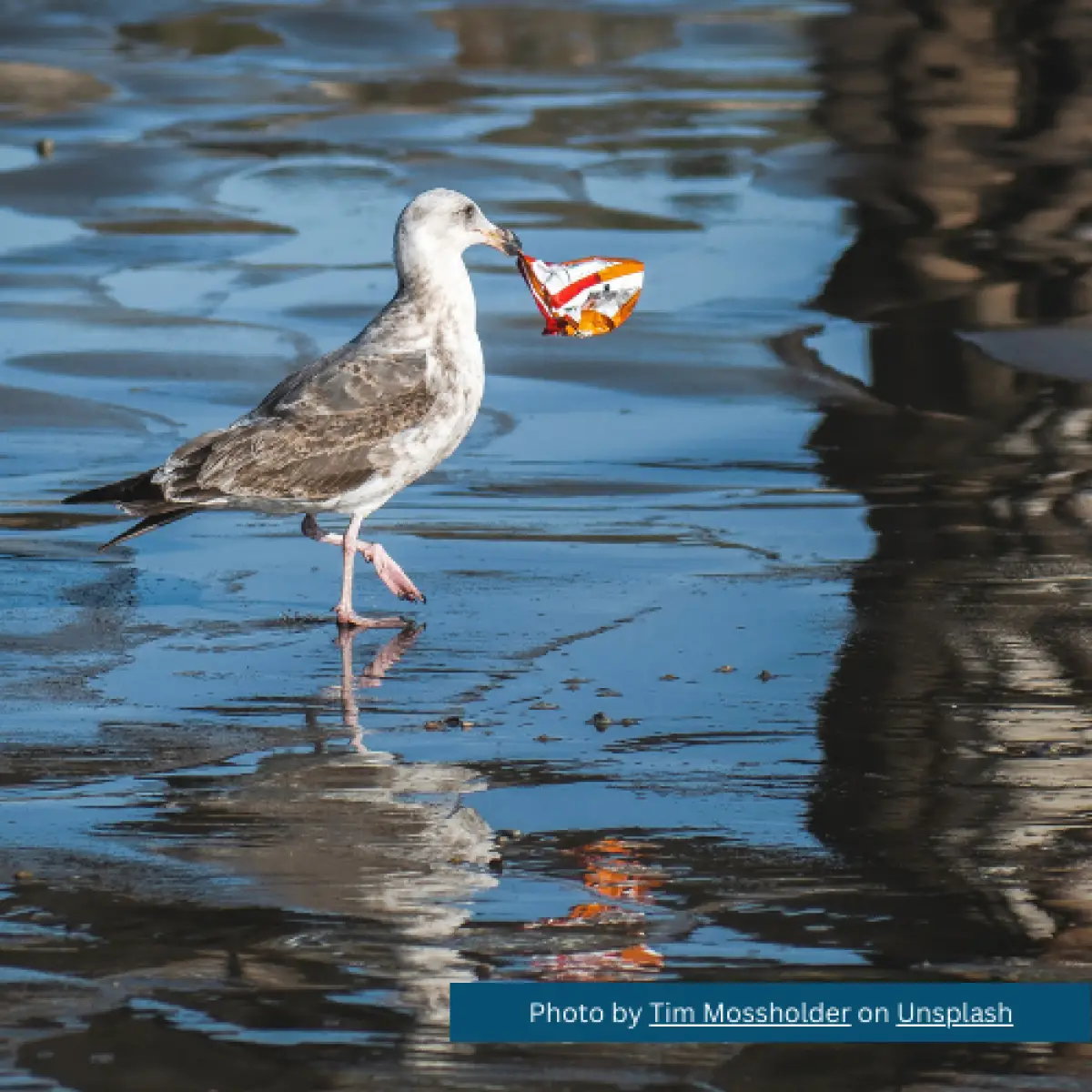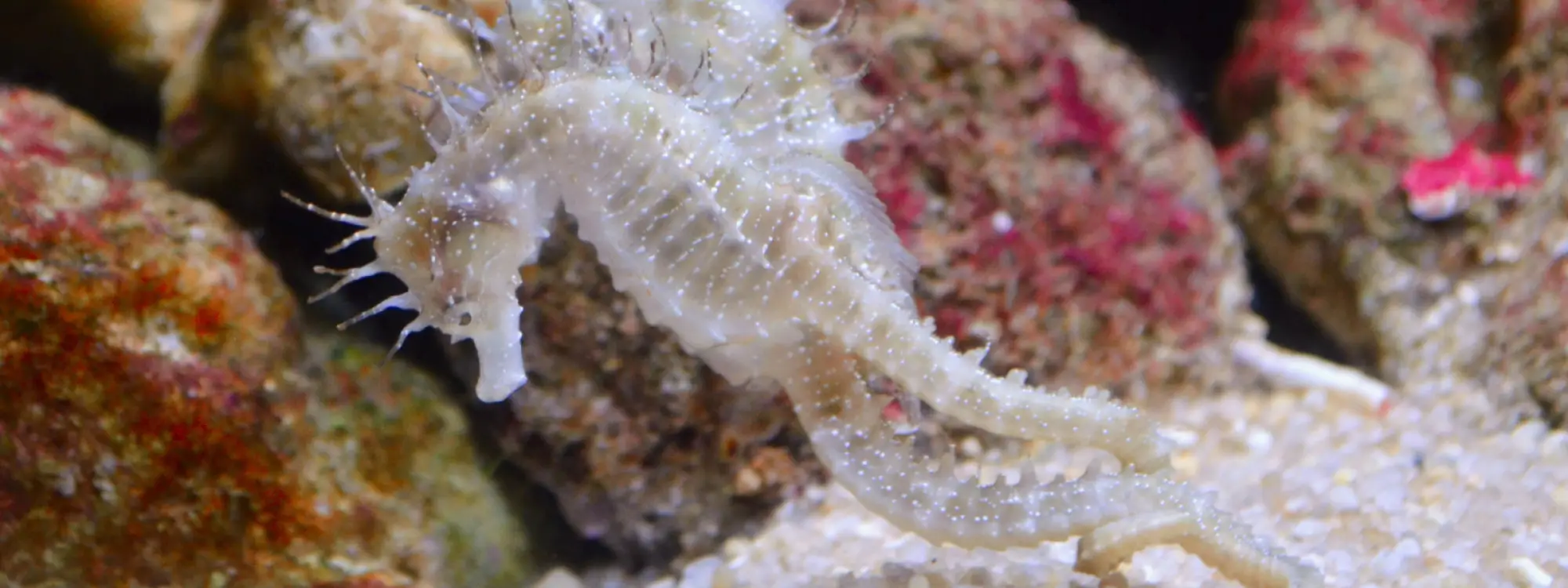Plastic and the risks to our marine environment
The most visible impacts of plastic and plastic debris on the marine ecosystem are the ingestion, suffocation and entanglement of marine species. Marine wildlife such as seabirds, whales, dolphins, seals and fish mistake plastic waste for prey. Unfortunately, most then die of starvation as their stomachs become filled with plastic.
Single-use items like plastic cutlery, straws, bottle caps, take-away containers and plastic bags are just some of the many items that get eaten by animals.
As we continue our journey towards plastic-free operations, here are some tips that you can do to reduce the impact of plastics on our environment:
? Purchase a reusable water bottle or thermos for your 'on the go' beverages
? Keep reusable shopping bags on you or in the car
? Buy and store food in reusable or compostable containers
? Choose to refuse plastic straws or use metal or paper alternatives
? Recycle what can't be avoided, make sure plastics are disposed of in the correct bins at home and in public.


